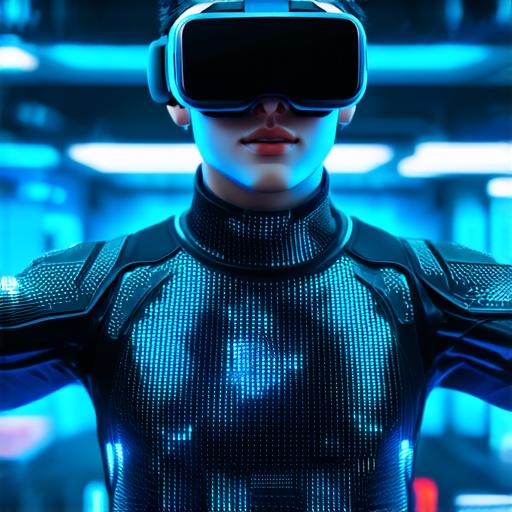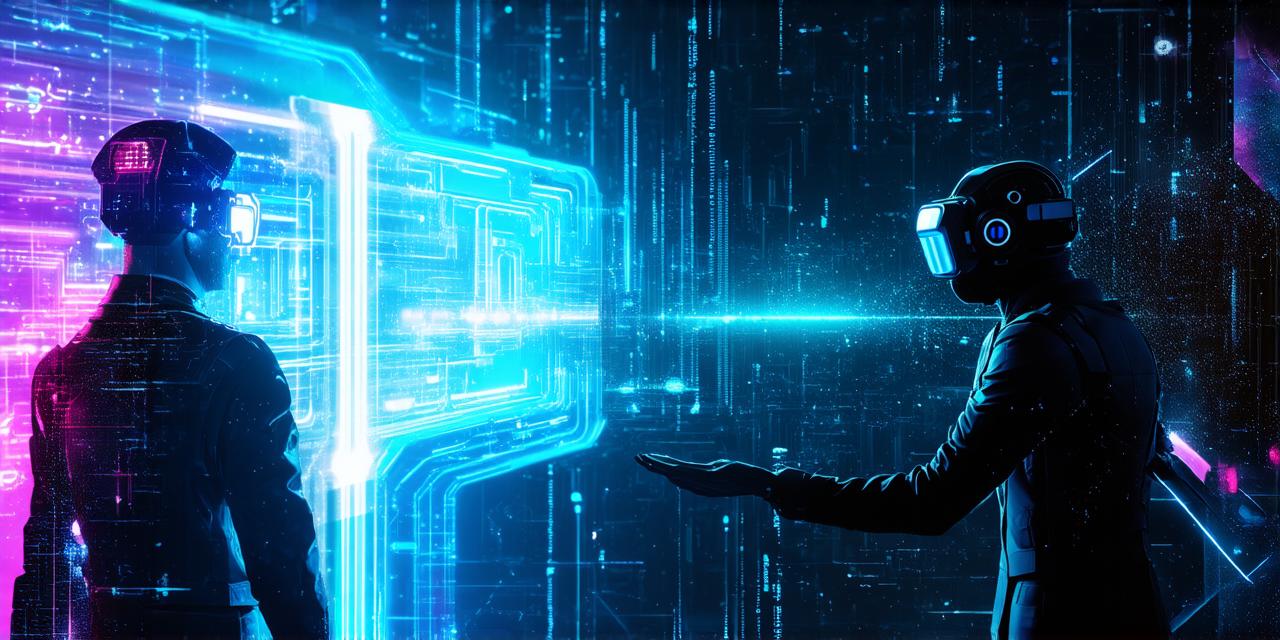What is the metaverse?
The term “metaverse” was first used by writer Neal Stephenson in his 1992 science fiction novel, Snow Crash. In the novel, the metaverse refers to a virtual reality world where people can interact with each other and engage in various activities such as gaming, shopping, and socializing. However, it’s not just a fictional concept anymore. Today, the term “metaverse” is used to describe a virtual world that exists alongside our physical world.
Characteristics of the metaverse
The metaverse has several characteristics that set it apart from other virtual worlds. Firstly, it is decentralized, meaning there is no central authority controlling it. Instead, it’s operated by a network of servers and users who work together to maintain and develop it. This decentralization allows for greater freedom and creativity in the design and development of the metaverse.
Secondly, the metaverse is interactive, allowing people to engage with each other in real-time. It’s not just a passive experience; users can create their own avatars, design their own virtual environments, and participate in various activities such as gaming, shopping, and socializing.
Thirdly, the metaverse is persistent, meaning it exists even when users are offline. This allows for greater immersion and engagement, as users can continue to interact with the virtual world even when they’re not actively using it.
How is the metaverse different from other virtual worlds?
While the concept of a virtual world is not new, the metaverse differs significantly from other virtual worlds in several ways. For example, while other virtual worlds are typically operated by a single company or organization, the metaverse is decentralized and operated by a network of users.
Additionally, the metaverse is interactive, allowing people to engage with each other in real-time. Other virtual worlds are typically more passive, with users viewing pre-designed environments and activities.
Finally, the metaverse is persistent, meaning it exists even when users are offline. This allows for greater immersion and engagement, as users can continue to interact with the virtual world even when they’re not actively using it.
Examples of the metaverse in action

The concept of the metaverse is still in its early stages, but there are already several examples of it in action. One such example is Decentraland, a decentralized virtual world that allows users to create their own avatars and design their own environments. Users can participate in various activities such as gaming, shopping, and socializing, and even purchase virtual real estate to build their own homes and businesses.
Another example is VRChat, a virtual reality chat platform that allows users to interact with each other in real-time. Users can create their own avatars and design their own environments, and participate in various activities such as gaming, socializing, and even attending virtual concerts and events.
How the metaverse will impact society
The concept of the metaverse has the potential to significantly impact society. For example, it could revolutionize the way we work and communicate, allowing for greater collaboration and productivity. It could also transform the way we shop and socialize, offering new opportunities for businesses to engage with their customers and for people to connect with each other in new and meaningful ways.
However, there are also concerns about the potential impact of the metaverse on society. For example, there are concerns about privacy and security, as users may be vulnerable to cyber attacks and data breaches. There are also concerns about the potential for addiction and social isolation, as people may become increasingly engrossed in the virtual world and neglect their real-life responsibilities.
Conclusion
The concept of the metaverse is still in its early stages, but it has the potential to significantly impact society. It’s a decentralized, interactive, and persistent virtual world that allows people to engage with each other and participate in various activities. While there are concerns about its potential impact on society, the metaverse offers new opportunities for collaboration, productivity, and connection. As the concept continues to evolve, it will be fascinating to see how it shapes our future.
